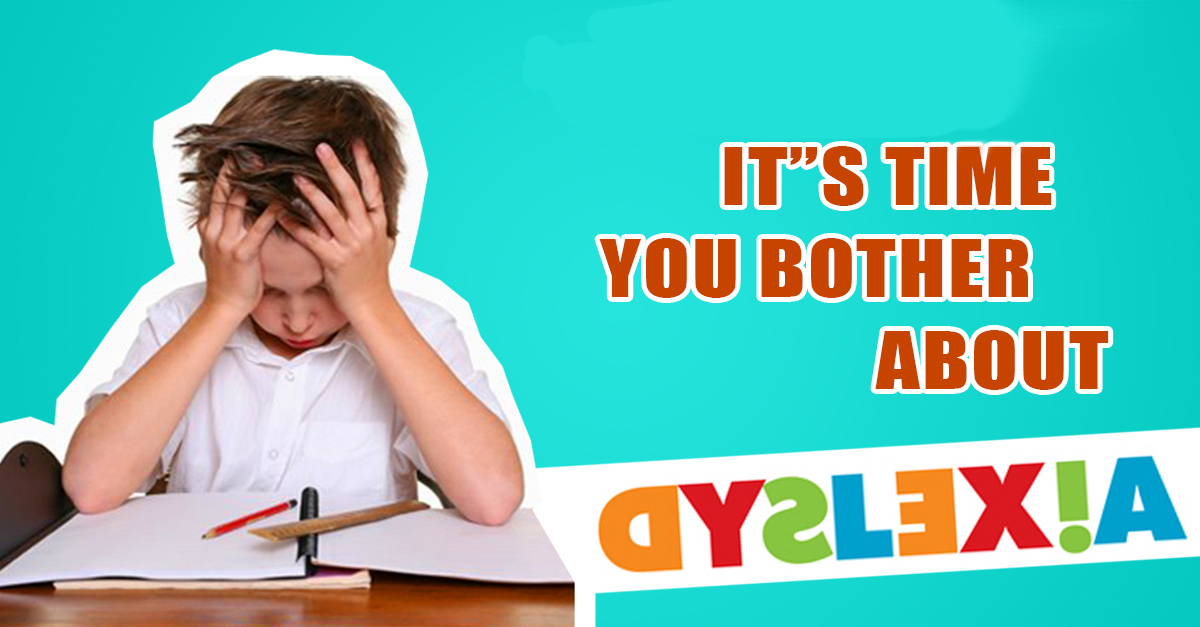
Despite the fact that federal law dictates that schools help, many dyslexic kids are not getting the help they need. Most are not even being identified. And in many schools the word dyslexia is not even uttered. It's like a dirty word.
“I’m stupid.” Have you ever heard your child utter these or similar words? It’s a terrible thing to hear a child say, though it is a thousand times worse to be the child that actually feels stupid, day after day, for so long that he/she finally says it out.
A child with an undiagnosed reading disability will often feel stupid. Being unable to do what others can do for no reason may feel equivalent to being unable to do what others can do due to some innate deficiency.

Common, but ignored
In fact, dyslexia is the most common learning disability, and yet many states do not even test for it. It is estimated that 80% of children with learning disabilities actually have dyslexia.
New York, like many states, is one of the states that does not test for dyslexia, As of November 2014, there was an attempt to pass new legislation requiring teachers train to recognize signs of dyslexia in their classrooms. In 2016 the passed a law recognizing dyslexia awareness day and in 2017 issued a memorandum to the commissioner of education to notify schools of dyslexic students unique needs.
This is typical of most states. Providing services for or even recognizing dyslexia is just not done.
This recent NPR story details how bad it is.
Take action
If you want to know how significant appropriate diagnosing is, ask parent Deb Rafferty. When they discovered her son’s diagnosis, they were able to find the correct intervention for him. She says, “It worked like that. It was like giving medicine to someone and he was able to read… It’s difficult still for him, but he can read anything.”
Key Takeaways:
Reading takes many brain systems working together
Learning reading is a matter of putting together a series of brain systems that were not actually designed for the process. One of these processes is phonemic awareness or recognizing sounds. In many dyslexics this process is difficult and that can make learning to read very difficult. There are many strategies for overcoming this.
Once a sound is recognized the relationship between that sound and the letters that make it up is then stored in our visual systems. And this is just a part of what is going on in reading
Because so many systems are at play in reading a weakness in any one of them can cause an extreme difficulty in learning to read. This is the reason that all learning systems should be developed, especially when a child is struggling.
Because schools in most states do not provide proper training to teachers, do not provide the necessary resources, and do not even screen for dyslexia it is important that parents take matter into their own hands. It is quite easy to work with your child at home if you have the right tools.
Working with your child for as little as 15 minutes per day can be far less difficult than fighting the bureaucracies of the school system and far more productive. It will be many years before the schools get to a point where they have the proper systems in place. Likely that will be far too late for your child.
Help them now so they can build the skills and confidence they need to live up to their wonderful potential.
“Is your child having difficulty with reading or other academics?” “Wondering if it’s dyslexia?” Use our free dyslexia test to get answers. Simply answer a few easy questions and find out now
You can get this analysis for free by filling out this simple form. This will help you get to the bottom of a learning difficulty and provide you with a solution. If you are ready to put this problem behind you click the button below and fill out the form.











Comments
Need your help
I read interesting comments from readers and would like my child to be helped.
Re: Dyslexia- response.
Children shut-down when things taught to them are confusing. About 20% of kids all over the world shut-down when they are confused. Please read my article in my blog at:
http://www.dyslexiafriend.com